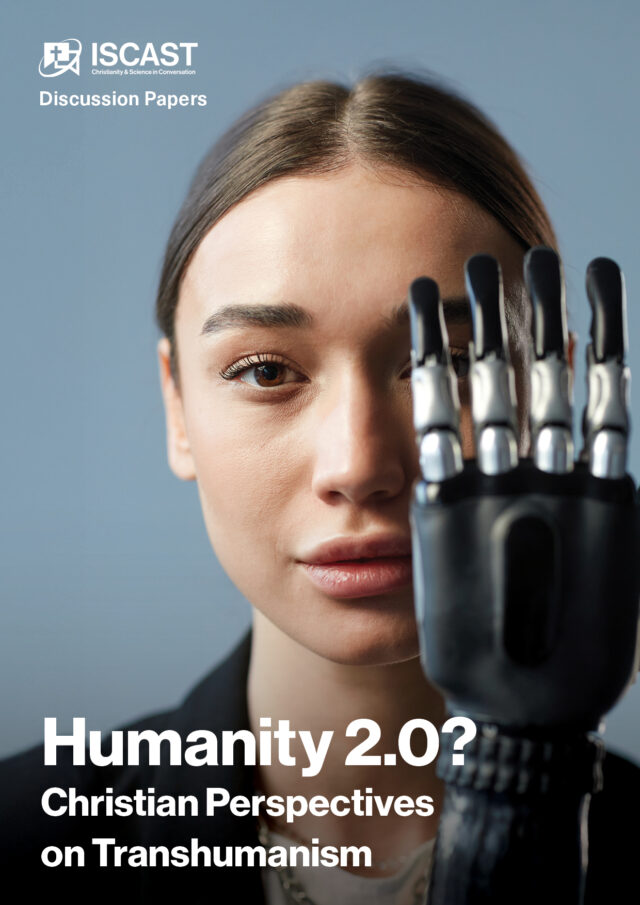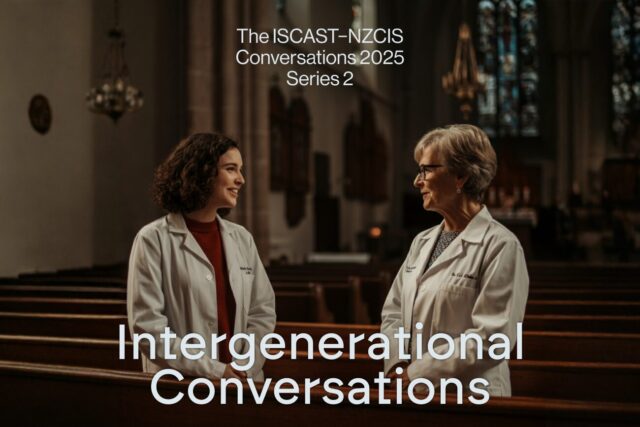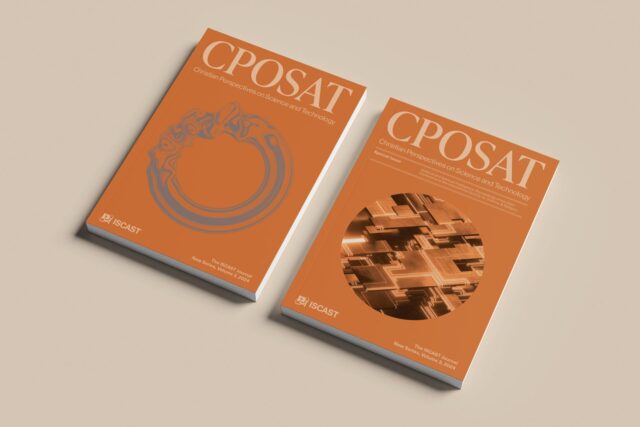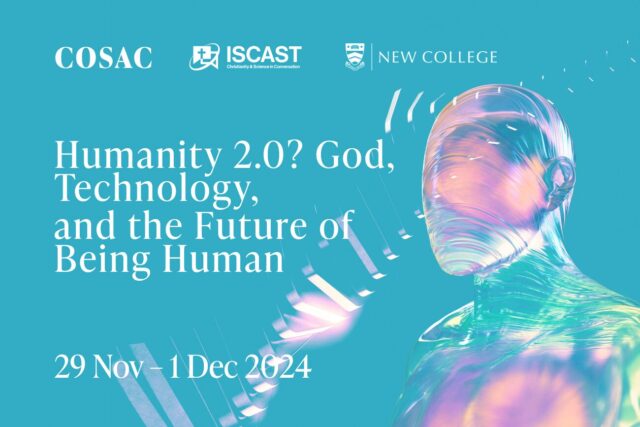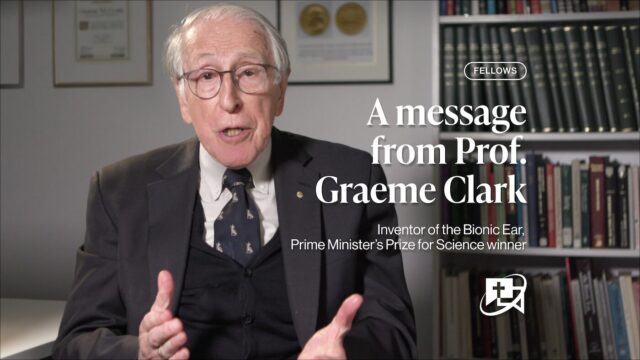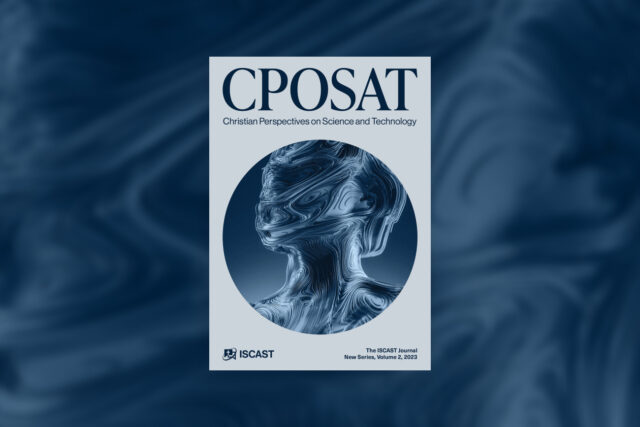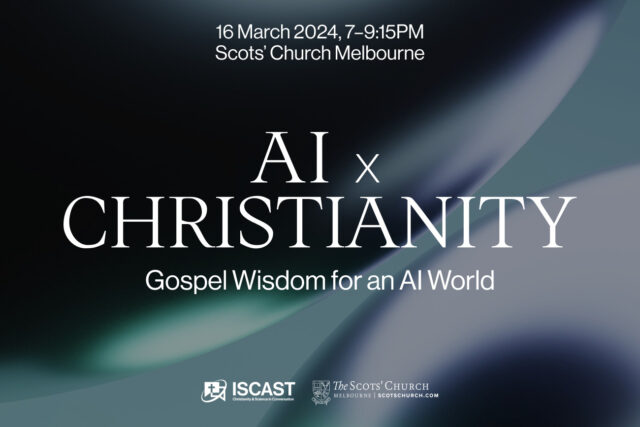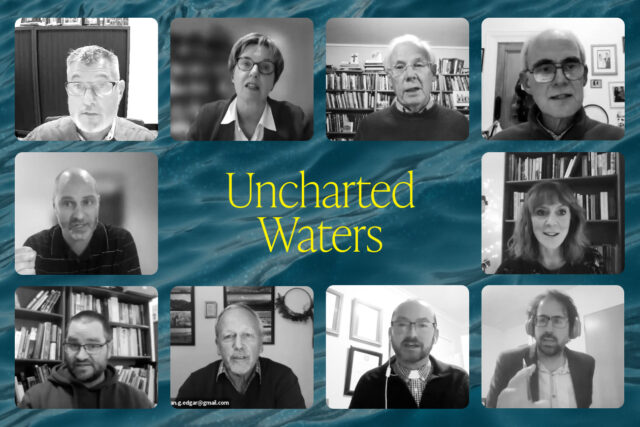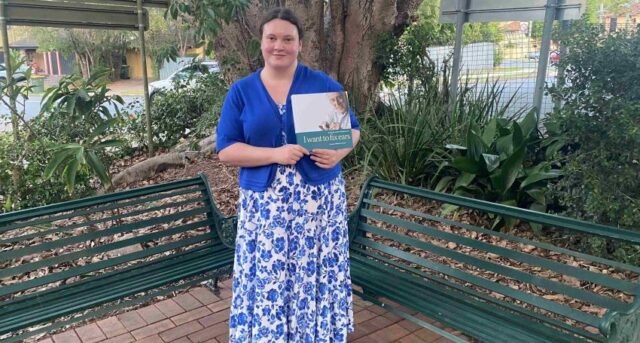
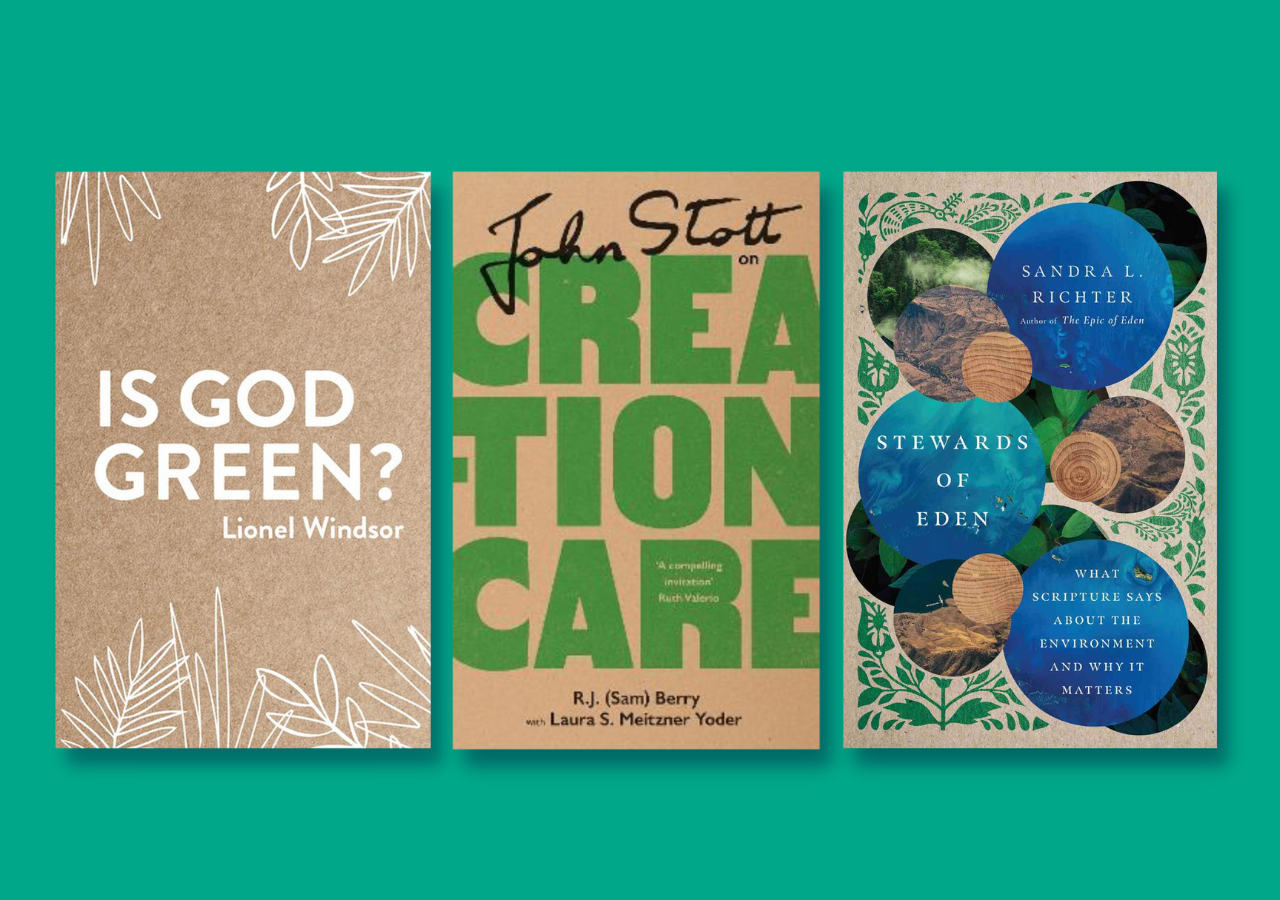
In the first ISCAST–NZCIS Conversation of 2022 “Caring for Creation: What Can We Actually Do?” Dr Philip Hughes recommended reading as one effective way to deepen your understanding of creation care. Here are his top recommendations.
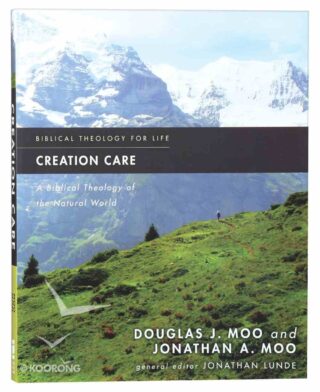 Creation Care: A Biblical Theology Of The Natural World
Creation Care: A Biblical Theology Of The Natural World
Douglas J. Moo, Jonathan Moo, Jonathan Lunde (Editor) (2018).
Bringing together their expertise in biblical studies and science, Doug and Jonathan Moo trace several key biblical themes through Scripture in an effort to situate the created world within biblical theology in general.
This book offers reflections on the biblical mandate that God’s people embody and live out God’s own perspective on the created world, as well as consideration of how the command to love others might affect the way we treat the earth upon which we and all other life depends.
 Stewards of Eden: What Scripture Says About the Environment and Why It Matters
Stewards of Eden: What Scripture Says About the Environment and Why It Matters
Sandra L. Richter (2020).
Sandra L. Richter cares about the Bible and the environment. Using her expertise in ancient Israelite society as well as in biblical theology, she walks readers through biblical passages and shares case studies that connect the biblical mandate to current issues. She then calls Christians to apply that message to today’s environmental concerns. Well informed on the most significant challenges to present-day environmental stewardship, Richter includes case studies connecting the biblical mandates to modern day issues. Though current political values may tempt readers to separate or even polarize Christian faith and ecological concerns, in this short, accessible book Richter urges us to be driven by God’s values instead.
 John Stott on Creation Care
John Stott on Creation Care
Sam Berry, Dr. Laura Yoder (2021).
Showcasing his unique way of explaining the Bible simply and clearly, John Stott on Creation Care traces Stott’s own process of coming to embrace creation care as a vital part of the Christian life – and in turn shows us how it must have an integral place in our own discipleship.
John Stott viewed creation care as an inevitable implication of the biblical message, and as a grounding for Christian engagement in environmental commitments. This collection will give you a deeper, more thorough understanding of his writings and how his views developed, and will leave you motivated and inspired to look again at your discipleship and how you approach creation care.
 Is God Green?
Is God Green?
Lionel Windsor (2018).
Do we need to save the planet? Is the future of our world at stake? It’s hard to escape questions like this in the media and the wider world these days. How would you answer them? Maybe you’re an environmental warrior, or maybe you’re skeptical that there’s anything to worry about at all. Have you wondered where God stands on this issue? Does he care about the world and what we do with it? Is God green? In this short book Lionel Windsor takes us through what the Bible says about the environment. You’ll discover what God has to say about:
- why the world is in a mess
- where the world is headed
- what we should do about it in the here and now.
Creation and Hope
Nicola Hoggard Creegan (Editor), Andrew Shepherd (Editor) (2018).
We live in an ecological age. Science in the last few hundred years has given us a picture of nature as blind to the future and mechanical in its workings, even while ecology and physics have made us aware of our interconnectedness and dependency upon the web of life. As we witness a possible sixth great mass-extinction, there is increasing awareness too of the fragility of life on this planet.
In such a context, what is the nature of Christian hope? St Paul declares that all of creation “will be set free from its bondage to decay and will obtain the freedom of the glory of the children of God.” How are we to imagine this “freedom” when death and decay are essential to biological life as we currently experience it, and when the scientific predictions for life are bleak at best?
This book explores these questions, reflecting on how our traditions shape our imagination of the future, and considering how a theology of hope may sustain Christians engaged in conservation initiatives. The essays in this volume are partly in dialogue with the ground-breaking work of Celia Deane-Drummond, and are set in the context of global and local (Aotearoa New Zealand) ecological challenges.
 Creation Care and the Gospel: Reconsidering the Mission of the Church
Creation Care and the Gospel: Reconsidering the Mission of the Church
Lausanne Movement, Colin Bell (Editor), Robert S. White (Editor) (2016)
How should Christians react to environmental crisis? Historically, evangelicals have ignored this aspect of living for Christ, so this book aims to reinvigorate and empower Christians across the globe to care for creation.
This book collects the work of biblical scholars, theologians, biologists, environmental researchers, and community organisers who met at “The Global Consultation on Creation Care and the Gospel” in Jamaica in 2012. Participants from 23 countries as diverse as Argentina, Bangladesh, Benin, and Canada gathered for five days to pray, talk, and reflect on the state of the planet–the home in which we live–and on the role and ministry of the church in caring for God’s creation.
The book contains biblical and theological affirmations from well-respected scholars and teachers, reminding us that caring for creation is central to the evangelical faith. It is an integral part of our mission, an expression of our worship of God, and a matter of great joy and hope.
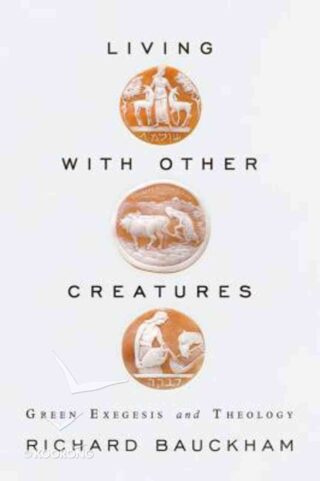
Living with Other Creatures: Green Exegesis and Theology
Richard Bauckham (2016).
The Bible and Christian tradition have, at best, offered an ambiguous word in response to Earth’s environmental difficulties. At worst, a complex, often one-sided history of interpretation has left the Bible’s voice silent. Aiming to bridge these gaps, Richard Bauckham mines scripture and theology, discovering a firm command for Christians to care for all of God’s creation and then discusses the generations of theologians who have sought to live out this biblical mandate. Going beyond Old Testament human dominion, Living with Other Creatures consults scripture in its entirety and includes Jesus’ perspectives on creation, novel approaches to reading the gospels, and some of the most well known “ecologists” throughout Christian history. The result is an innovative and enriching treatise that reminds readers of God’s whole creation-and humanity’s place within it.
 An Ethics of Biodiversity Christianity, Ecology, and the Variety of Life
An Ethics of Biodiversity Christianity, Ecology, and the Variety of Life
Kevin J. O’Brien (2010).
Life on earth is wildly diverse, but the future of that diversity is now in question. Through environmentally destructive farming practices, ever-expanding energy use, and the development and homogenisation of land, human beings are responsible for unprecedented reductions in the variety of life forms around us. Estimates suggest that species extinctions caused by humans occur at up to 1,000 times the natural rate, and that one of every twenty species on the planet could be eradicated by 2060. An Ethics of Biodiversity argues that these facts should inspire careful reflection and action in Christian churches, which must learn from earth’s vast diversity in order to help conserve the natural and social diversity of our planet. Bringing scientific data into conversation with theological tradition, the book shows that biodiversity is a point of intersection between faith and ethics, social justice and environmentalism, science and politics, global problems and local solutions. An Ethics of Biodiversity offers a set of tools for students, environmentalists, and people of faith to think critically about how human beings can live with and as part of the variety of life in God’s creation.
 Creation Care in Christian Mission
Creation Care in Christian Mission
Kapya J Kaoma (Editor) (2016).
As the world comes to terms with the human-caused destruction of God’s sacred creation, whether global Christianity will celebrate a bicentennial Edinburgh 2110 becomes a real question. Yet, as Creation Care in Christian Mission shows, the mounting and life-threatening ecological crisis is at the heart of the mission of God. The volume’s contributing authors represent a wide range of Christian traditions and geographical regions, on which they draw to initiate dialogue on creation care within the wider global Christian community. They explore hard questions relative to climate change, population growth, pollution, poverty, sustainability, economic justice, deforestation, gender, and land issues. Written with academics, missionary and development agencies, and ordinary Christians in mind, this work presents a global, unified, spiritual, and ethical voice on creation care. The diversity of contributions from established scholars and religious leaders makes this work a unique and critical resource for understanding human responsibility toward God’s creation. The book offers hope to all Christians, for Christian mission can positively aid ecological responsibilities and actions.
 The Comforting Whirlwind: God, Job, and the Scale of Creation
The Comforting Whirlwind: God, Job, and the Scale of Creation
Bill McKibben (2005).
In The Comforting Whirlwind, Bill McKibben turns to the biblical book of Job and its awesome depiction of creation to demonstrate our need to embrace a bold new paradigm for living if we hope to reverse the current trend of ecological destruction.
With reference to the consequences of our poorly considered and self-centered environmental practices—global warming, ozone degradation, deforestation—McKibben combines modern science and timeless biblical wisdom to make the case that growth and economic progress are not only undesirable but deadly. If we continue to accelerate the pace of development, we will inevitably complete the “decreation” of our planet and everything on it, including ourselves. In his signature lyrical prose, and using Stephen Mitchell’s powerful translation of Job, McKibben calls readers to truly appreciate both the majesty of creation and humanity’s rightful—and responsible—place in it.
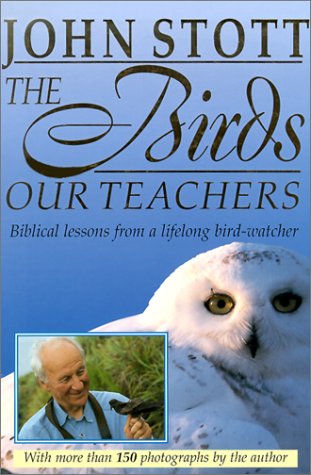
The Birds Our Teachers: Biblical Lessons from a Lifelong Bird-Watcher
John Stott (2012).
John Stott traces his lifelong love of bird-watching back to boyhood country walks with his father, who told him to shut his mouth and open his eyes and ears. Because of those lessons in observation, Stott now carries his binoculars and camera with him everywhere he travels. Of the 9,000 different bird species in the world, Stott estimates he has seen about 2,500! In this unique and intriguing book he takes seriously Jesus exhortation in the Sermon on the Mount, “Behold the fowls of the air” (Matt. 6:26 KJV).
He reveals lessons on faith from the feeding of ravens, on repentance from the migration of storks, on freedom from the flight of the eagle, on joy from the song of the lark, and more. The Birds Our Teachers is lavishly illustrated with full-color photographs taken by the author in his travels around the world. Stott humorously calls his work “an introduction to the science of orni-theology,” for he combines information about birds with biblical truths and personal anecdotes in a way that will fascinate bird-lovers and Bible readers everywhere.
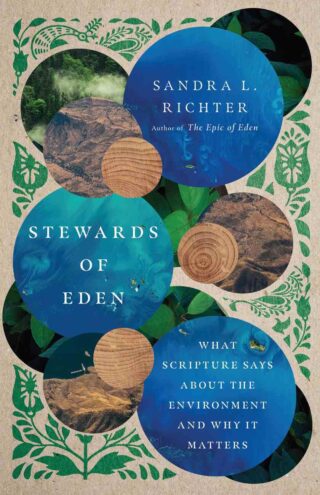 Stewards of Eden: What Scripture Says About the Environment and Why It Matters
Stewards of Eden: What Scripture Says About the Environment and Why It Matters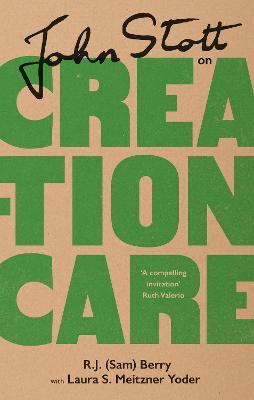 John Stott on Creation Care
John Stott on Creation Care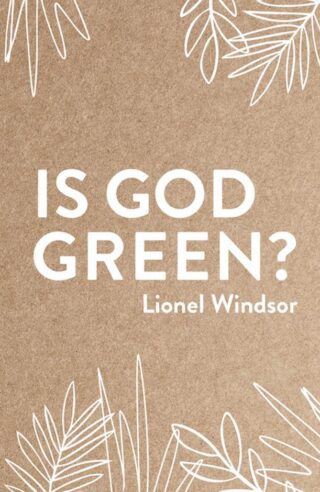 Is God Green?
Is God Green?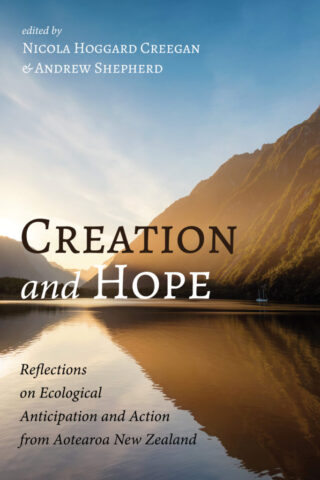
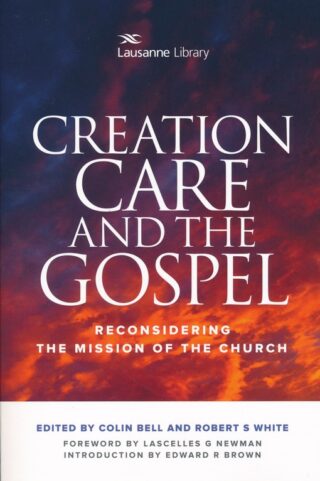 Creation Care and the Gospel: Reconsidering the Mission of the Church
Creation Care and the Gospel: Reconsidering the Mission of the Church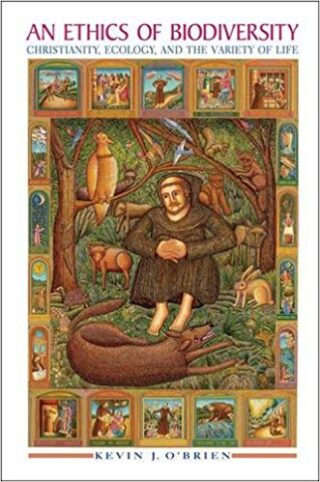 An Ethics of Biodiversity Christianity, Ecology, and the Variety of Life
An Ethics of Biodiversity Christianity, Ecology, and the Variety of Life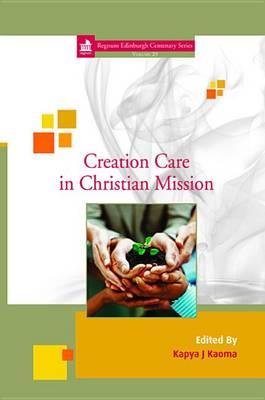 Creation Care in Christian Mission
Creation Care in Christian Mission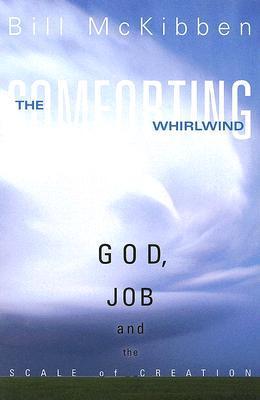 The Comforting Whirlwind: God, Job, and the Scale of Creation
The Comforting Whirlwind: God, Job, and the Scale of Creation